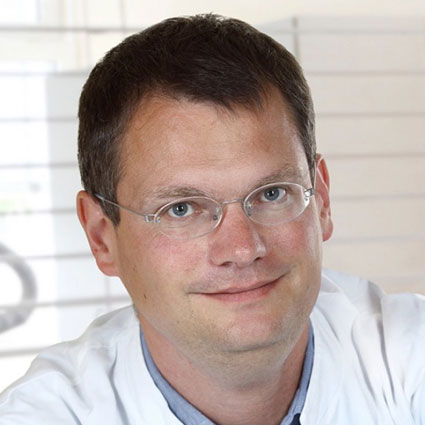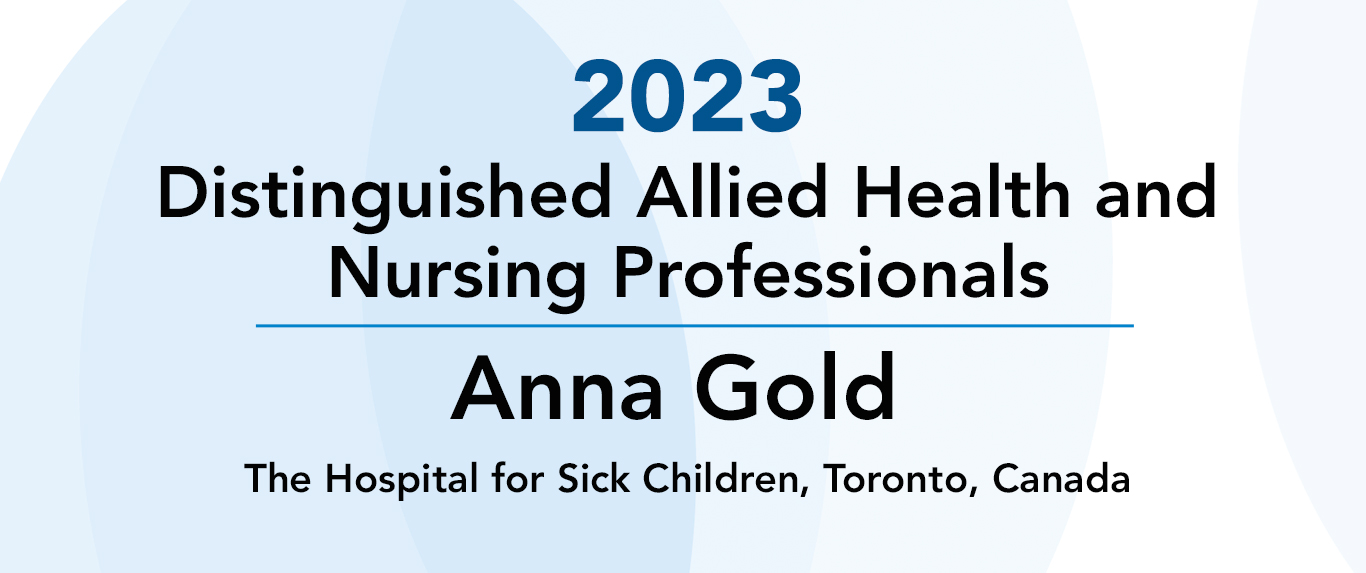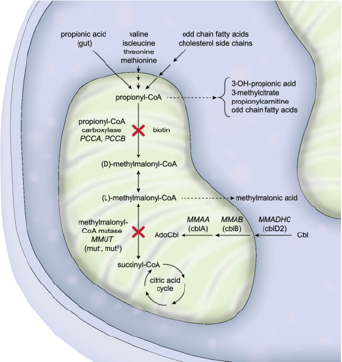

Dear IPTA Colleagues,
I hope this message finds you well and that you have had a fantastic summer/winter filled with moments of relaxation and rejuvenation.
I am thrilled to share some exciting updates with you regarding the progress and initiatives within IPTA. The newly assembled IPTA committees have been hard at work, brimming with enthusiasm and creativity to enhance the impact of our organization. The Ethics Committee, for instance, has conducted a comprehensive survey around non-adherence and is currently setting an agenda to prioritize essential new initiatives. This commitment to ethical considerations will undoubtedly strengthen IPTA's mission and operations.
Furthermore, I am delighted to inform you that planning for the program for next years’ Fellows and AHNP educational virtual meeting is in the works and making significant progress. This educational program is essential to foster continuous learning and development among our members. In line with this, the Education Committee has finalized a survey for Fellows to better understand your educational needs. Your valuable input will lay the foundation for our 2024 educational activities, ensuring they align perfectly with what you seek. Please take a look at the Education Committee update in this Newsletter to access this survey in English and Spanish. Planning from the AHNP side will start soon.
As we look ahead to the future, I am excited to share that the 2025 Congress Scientific Program Committee is already working diligently on organizing the IPTA congress in Berlin for 2025, led by Priya Verghese. We eagerly welcome any ideas that directly reach Priya from the IPTA membership. Your suggestions will help shape the congress's program, making it as relevant and beneficial to you as possible. Additionally, under the guidance of Anette Melk and Chesney Castleberry, we will be introducing a new mentoring program as part of the 2025 congress, which promises to be an invaluable opportunity for personal and professional growth.
To encourage collaboration and specialized discussions, IPTA will be implementing organ-specific communities that will be open to all members. These communities will not only contribute to the development of IPTA guidelines but also serve as forums for discussions on organ-specific themes that are or may become significant. I encourage each of you to actively engage with these self-organized groups, as your input will be instrumental in shaping IPTA's direction and impact.
As we move forward with these exciting developments, I extend my heartfelt gratitude to each member of IPTA. Your support, involvement, and dedication make all of this possible. Together, we will continue to advance pediatric transplant medicine and make a positive difference in the lives of countless individuals.
Should you have any suggestions, queries, or ideas, please don't hesitate to reach out. Your voice matters, and I am here to listen and act upon your input.
Thank you all for your unwavering commitment to IPTA. Together, we will achieve remarkable accomplishments.
Yours faithfully,
Lars Pape
IPTA President, 2023-2025

Past Issues
IPTA Newsletters
- IPTA Newsletter - December 2025
- IPTA Newsletter - October 2025
- IPTA Newsletter - June 2025
- IPTA Newsletter - March 2025
- IPTA Newsletter - December 2024
- IPTA Newsletter - October 2024
- IPTA Newsletter - May 2024
- IPTA Newsletter - February 2024
- IPTA Newsletter - November 2023
- IPTA Newsletter - September 2023
- IPTA Newsletter - May 2023
- IPTA Newsletter - March 2023
- IPTA Newsletter - December 2022
- IPTA Newsletter - October 2022
- IPTA Newsletter - July 2022
- IPTA Newsletter - May 2022
- IPTA Newsletter - December 2021
- IPTA Newsletter - October 2021
- IPTA Newsletter - June 2021
- IPTA Newsletter - October 2020
- IPTA Newsletter - June 2020
- IPTA Newsletter - March 2020
- IPTA Newsletter - December 2019
- IPTA Newsletter - September 2019
- IPTA Newsletter - July 2019
- IPTA Newsletter - April 2019
- IPTA Newsletter - December 2018
- IPTA Newsletter - September 2018
- IPTA Newsletter - June 2018
- IPTA Newsletter - March 2018
- IPTA Newsletter - December 2017
- IPTA Newsletter - September 2017
- IPTA Newsletter - December 2016
- IPTA Newsletter - September 2016
Contact
Address
Cell Transplant and Regenerative Medicine Society
c/o The Transplantation Society
740 Notre-Dame Ouest
Suite 1245
Montréal, QC, H3C 3X6
Canada











